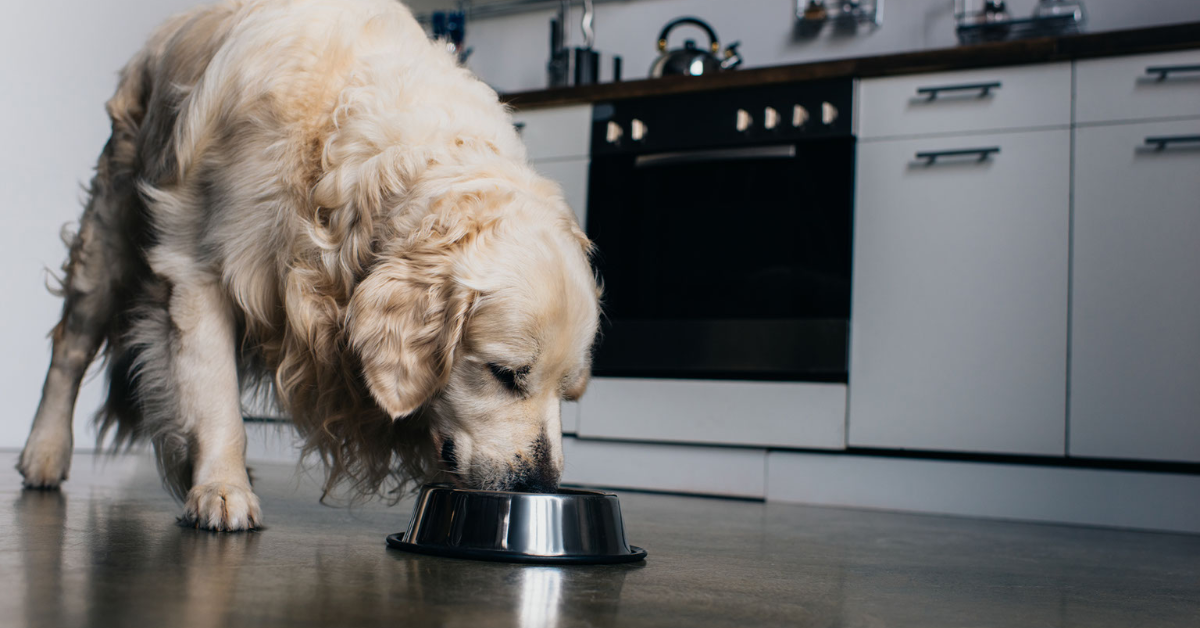
A saying has never been so true as “You are what you eat”. Good nutrition is the backbone of your pets health as their diet provides the building blocks upon which all bodily functions are built. So, what nutrition does your pet need?
Dogs and cats require animal protein to thrive so the amount and source of protein is the first thing I look at when I am assessing the quality of a food. Nutritional requirements are highly individual (more on this later), but in general, pets need high levels of animal protein.
The right balance of vitamins and minerals are also important. These can be provided in pet food through the addition of fruit and vegetables or can be added to the food as a supplement. Carbohydrates are not a necessity in the diet of cats and dogs, but are often added to pet foods to increase the energy content. Low GI carbohydrates like oats provide a slow release of energy whereas maize or rice are relatively high GI and provide a fast supply of energy.
Nutrition
What nutrition your pet needs depends on it’s species, age, breed, and any medical conditions among a host of other individual factors. At Gardens Pet Clinic & Spa, we take all of these into account when making a nutritional recommendation and certainly advise consulting with a vet before making a decision as to what food to feed your pet. Here are a few pointers:
Cats have a significantly higher requirement for protein than dogs, so a food with a high amount of animal protein should be fed.
Puppies and kittens are growing so have a higher requirement for protein and calories to fuel this growth. On the other hand, senior pets have a slower metabolism and are not as active so they need less calories. Seniors also need a good quality source of protein to maintain lean muscle mass as this starts to decline as pets get older. Their joints will also have had a lifetime of wear and tear so a diet providing additional joint support is a good idea.
Nutrition can also play a big role in managing many other medical conditions, for example, itchy dogs may benefit from a diet rich in skin supporting ingredients.
Feeding
It is not only important what we feed our pets, but also HOW we feed them. Food should be fresh. Bags should be resealable and stored in a cool, dry place to prevent the food from becoming spoiled and making your pet sick. I recommend feeding pets twice a day, in general. This avoids the situation of food sitting in the bowl all day and becoming stale.
Feeding your pet the recommended amount of food at mealtimes also prevents your pet from overeating and becoming overweight. Mealtimes are also helpful in monitoring your pets appetite. This is important as one of the first signs of illness is a change in appetite.
When changing from one food to another, it is important to do a gradual transition from one food to another. The foods should be mixed together, gradually increasing the proportion of the new food and decreasing the proportion of the old food until your pet is just eating the new food. This will help prevent tummy upsets brought on by abrupt changes of food before your pets gut has had a chance to get used to the new ingredients.
Feeding Tools
Pets should be encouraged to eat slowly. Guzzling food results in many types of gastrointestinal problems. If your pet is a greedy guts, food dispensing toys, slow feeder bowls and puzzle toys are a great way to keep your pet busy and slow down their food intake.
Pop in to Gardens Pet Clinic & Spa to have a look at our great range of bowls and feeding toys, selection of quality food or give us a call to book a nutrition consult.
We can’t wait to help you keep your pet happy and healthy!
Book your consult today!
Email Us
Telephone - 021 461 4333
WhatsApp - 072 722 5015